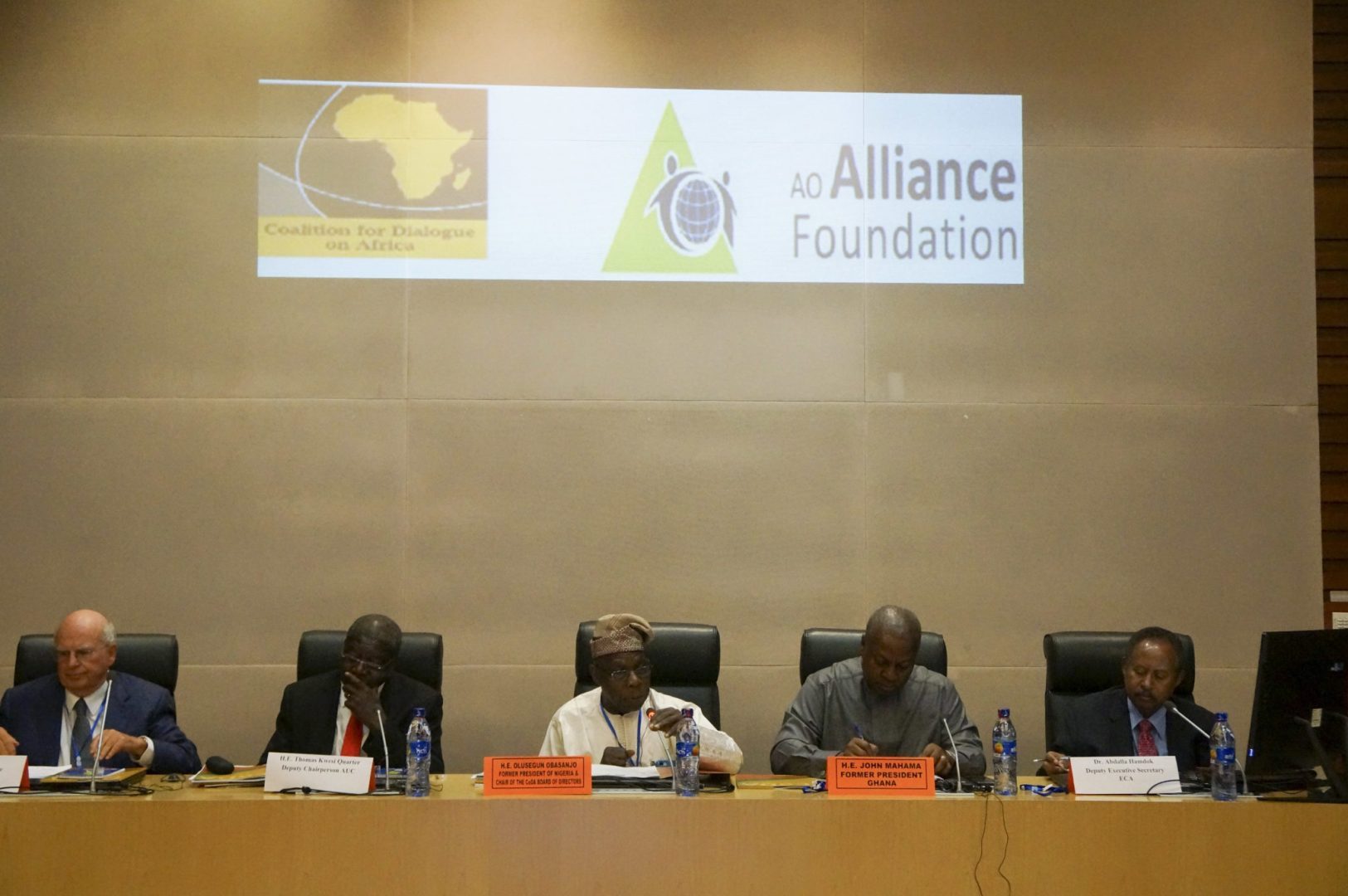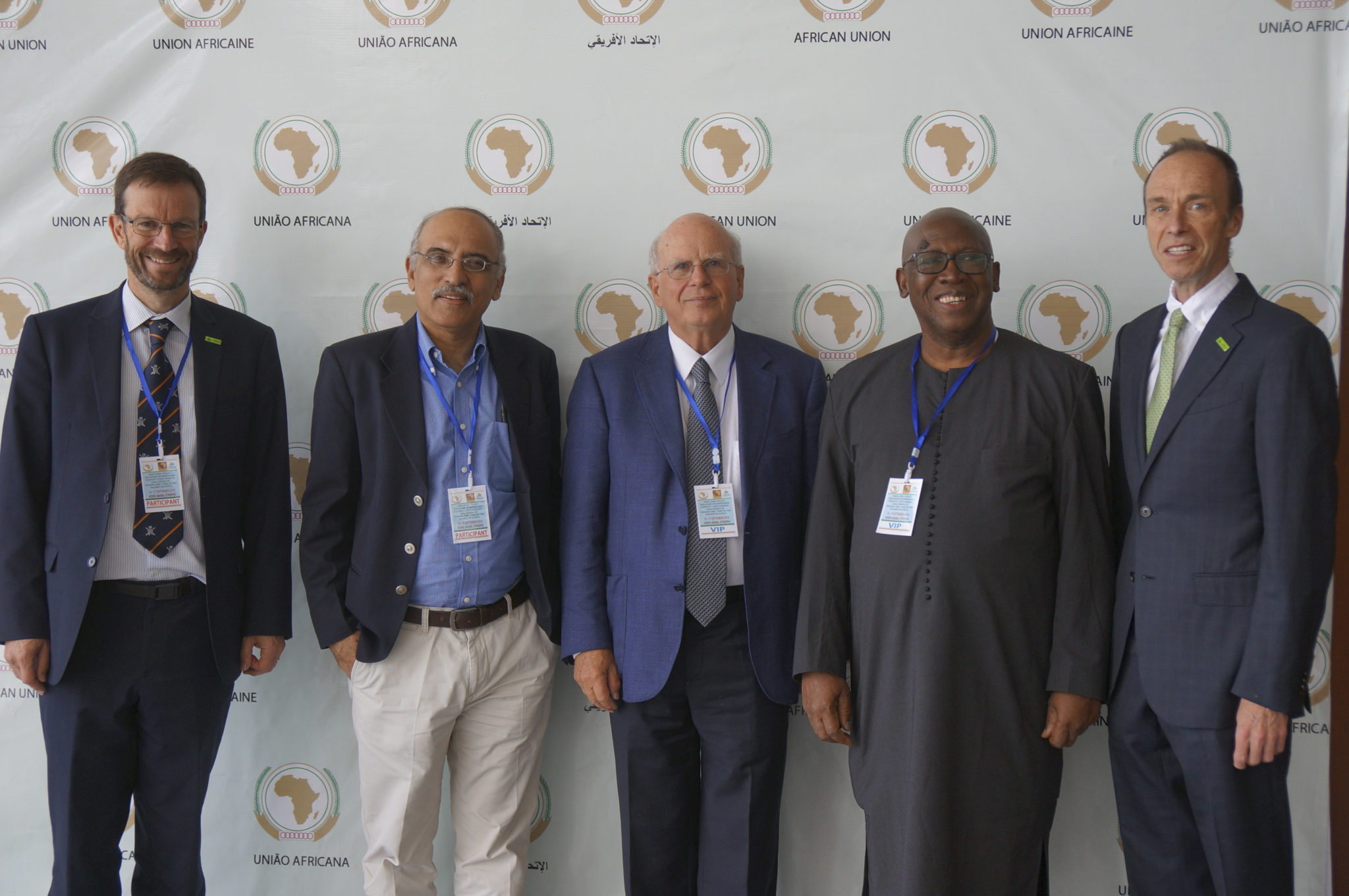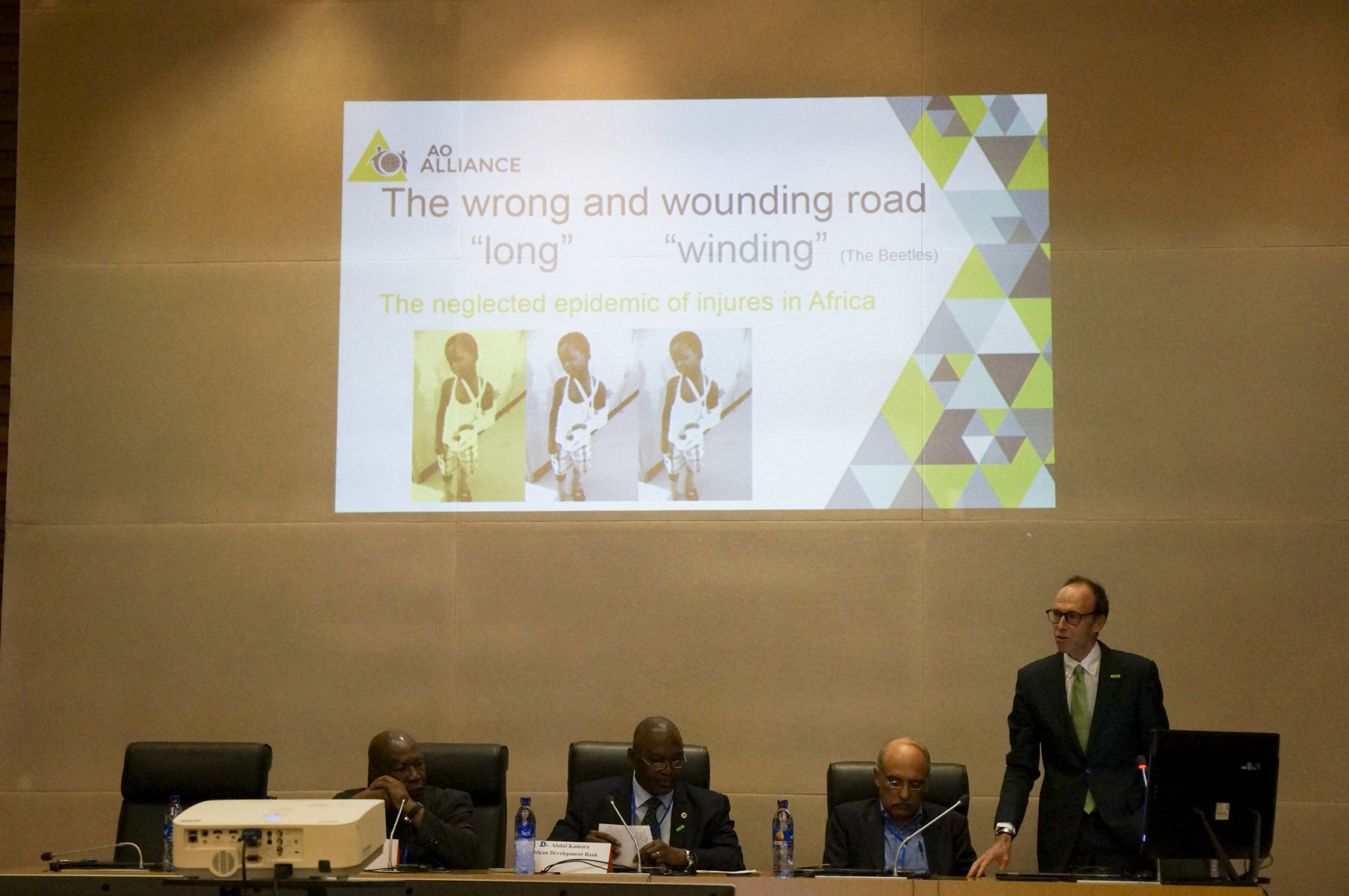Government and civil society leaders gather to tackle
a silent and neglected epidemic
Addis Ababa, Ethiopia. September 16, 2018. A high-level policy dialogue has taken place at the African Union Commission in Addis Ababa to bring to light and help overcome the Challenges of Trauma and Care of the Injured in Africa.
According to data from the World Health Organization (WHO), up to 5 million people die every year because of injuries. This figure exceeds by 32% the number of deaths from HIV/AIDS, malaria and tuberculosis ”“ combined. Despite this colossal difference in mortality rates, injuries remain a neglected cause of death and disability that affects mostly people living in low- and middle-income countries (LMICs), especially in Africa.
Hosted by the Coalition for Dialogue on Africa (CoDA) and AO Alliance (AOA), in collaboration with the African Union Commission (AUC), the discussion’s objectives were to raise awareness and set an agenda for action to tackle the issue. Participants agreed to call on member states of the African Union, multilateral organizations, the private sector and civil societies, as well as the private sector to ensure the consideration of policies and measures to prevent injuries, and to improve care of the injured at all stages of trauma management systems, from pre-hospital intervention to rehabilitation.
The event was chaired by H.E. Olusegun Obasanjo, former President of Nigeria and Chair of CoDA. Amongst other dignitaries in attendance were guest of honor H.E. John Mahama, President of Ghana; ministers of health from The Gambia, Ghana and Nigeria; the United Nations Economic Commission for Africa (UNECA), the WHO, and representatives from the Kingdoms of Norway and Denmark. The AO Alliance was represented by Dr Rolf Jeker, Board Chair.
 It is only when all of us here and by extension other key stakeholders become a part of this important discussion to curb the burden of trauma in Africa that we will begin to see positive changes on the matter
It is only when all of us here and by extension other key stakeholders become a part of this important discussion to curb the burden of trauma in Africa that we will begin to see positive changes on the matter , said H.E. Obasanjo during his opening address.
, said H.E. Obasanjo during his opening address.
Deputy Chairperson of the AUC, Amb. Kwesi Quartey stressed that “sufficient research is needed to inform our policymakers, improve our clinical practice, and contribute to our advances in knowledge. A consistent theme which has hampered progress on this issue is the lack of data available (”¦) on road traffic injuries as well as trauma cases and without such data, public officials cannot be expected to recognize trauma and injuries as serious public health problems.”


